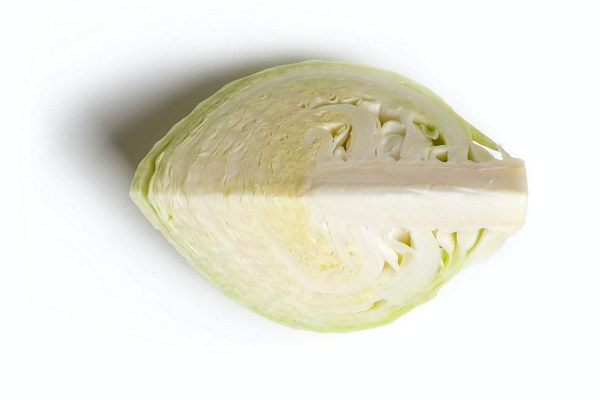Revitalize Your Vitality A Comprehensive Guide to Nourishing Kidneys and Enhancing Well-being
In the fast-paced world we live in, taking care of our health has become more crucial than ever. Among the various aspects of our well-being, kidney health plays a vital role. Kidneys are responsible for filtering waste and toxins from the blood, maintaining electrolyte balance, and producing hormones that regulate blood pressure and red blood cell production. To ensure that your kidneys remain in optimal condition, it is essential to adopt a holistic approach to kidney care, focusing on both diet and lifestyle changes. This article aims to provide you with a comprehensive guide to nourishing your kidneys and enhancing your overall well-being.
I. Understanding Kidney Function
Before delving into the ways to care for your kidneys, it is crucial to understand their primary functions. Kidneys filter about 200 quarts of blood daily, which results in about 1 to 2 quarts of urine. This urine carries waste and toxins out of the body. Moreover, kidneys help maintain fluid balance, electrolyte balance, and blood pressure. They also produce hormones that regulate red blood cell production and bone metabolism.
II. Diet for Kidney Health
A well-balanced diet is essential for kidney health. Here are some dietary tips to consider:
1. Limit sodium intake: Excessive sodium can lead to high blood pressure, which is a significant risk factor for kidney disease. Aim for no more than 2,300 milligrams of sodium per day, or 1,500 milligrams if you have kidney disease or high blood pressure.
2. Control protein intake: Excess protein can put stress on the kidneys. Aim for moderate protein intake, about 0.8 grams per kilogram of body weight per day. If you have kidney disease, your healthcare provider may recommend a lower protein diet.
3. Increase potassium intake: Potassium helps regulate blood pressure and kidney function. Good sources of potassium include bananas, oranges, potatoes, and leafy green vegetables.
4. Choose healthy fats: Opt for healthy fats like olive oil, avocados, and nuts. Avoid saturated and trans fats, which can increase the risk of heart disease and kidney damage.
5. Stay hydrated: Drinking plenty of water helps kidneys function effectively. Aim for at least 8 to 10 cups of water per day.
6. Limit phosphorus intake: Phosphorus can accumulate in the blood when the kidneys are not functioning properly. Limit phosphorus-rich foods like dairy products, processed meats, and carbonated beverages.
III. Lifestyle Changes for Kidney Health
In addition to a healthy diet, adopting a healthy lifestyle can significantly improve kidney health. Here are some lifestyle tips to consider:
1. Exercise regularly: Regular physical activity can help maintain healthy blood pressure and weight, which are essential for kidney health.
2. Avoid smoking and excessive alcohol consumption: Smoking and excessive alcohol can damage kidney cells and increase the risk of kidney disease.
3. Manage stress: Chronic stress can lead to high blood pressure, which can damage the kidneys. Practice stress-reducing techniques like meditation, yoga, or deep breathing exercises.
4. Get regular check-ups: Regular health screenings can help detect kidney disease early and allow for timely intervention.
IV. Herbs and Supplements for Kidney Health
Some herbs and supplements can support kidney health. However, it is essential to consult with a healthcare professional before starting any new supplement, as some can interact with medications or worsen kidney disease. Here are a few kidney-friendly options:
1. Astragalus: Known for its immune-boosting properties, astragalus may help protect against kidney damage.
2. Milk thistle: This herb is believed to have liver-protective properties and may support kidney health.

3. Turmeric: Curcumin, the active compound in turmeric, has anti-inflammatory and antioxidant properties that may benefit kidney health.
4. Green tea: Green tea contains antioxidants that can help reduce the risk of kidney disease.
In conclusion, taking care of your kidneys is essential for maintaining overall health and well-being. By adopting a healthy diet, making positive lifestyle changes, and considering herbal and supplements, you can support kidney function and reduce the risk of kidney disease. Remember to consult with a healthcare professional before making any significant changes to your diet or lifestyle.









